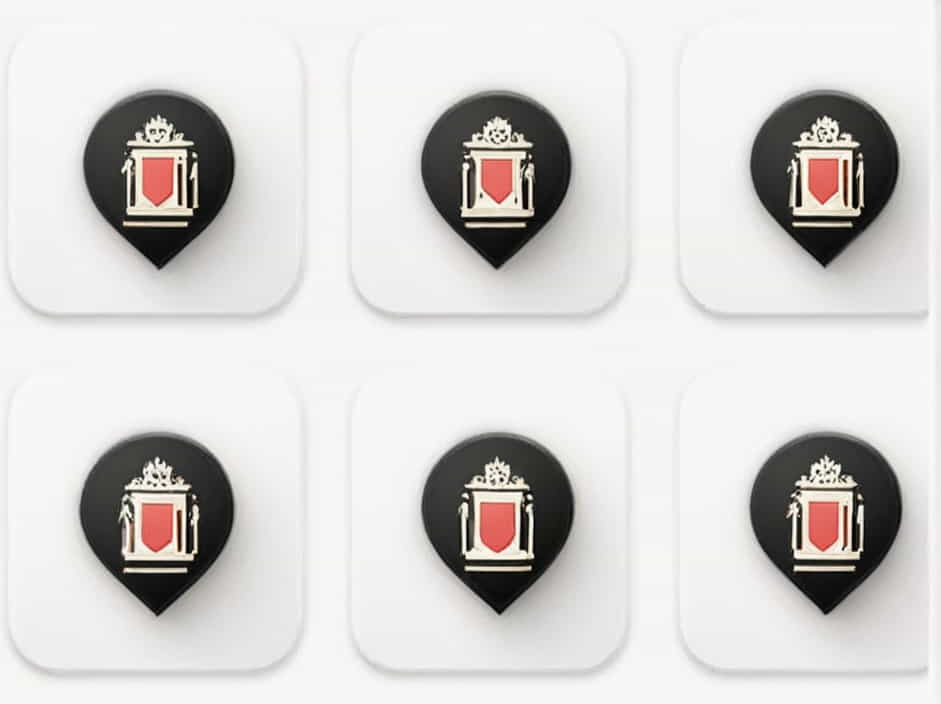The term Prussian refers to a historical region, a kingdom, and a cultural identity that played a significant role in European history. Prussia was once a powerful state that influenced Germany’s unification, military traditions, and political landscape.
This topic explores the meaning of Prussian, its historical significance, cultural influence, and modern relevance.
Definition of Prussian
1. General Meaning
The word Prussian can have different meanings depending on the context:
- It refers to something related to Prussia, a former state in Central and Eastern Europe.
- It describes the people, culture, or military traditions of Prussia.
- It sometimes symbolizes discipline, strictness, and military efficiency due to Prussia’s well-organized army.
2. Geographic and Historical Meaning
Prussia was a region that once covered parts of modern-day Germany, Poland, and Russia. It was a major European power from the 17th to the 19th century and played a crucial role in shaping modern Germany.
3. Prussian as a National Identity
People from Prussia were called Prussians, and they were known for their strong work ethic, military discipline, and administrative efficiency.
The History of Prussia
1. The Origins of Prussia
Prussia was originally a Baltic region inhabited by the Old Prussians, a group of pagan tribes. In the 13th century, the Teutonic Order, a German military and religious group, conquered the area and established a powerful state.
2. The Rise of the Kingdom of Prussia
In 1701, the leader of Brandenburg-Prussia, Frederick I, declared himself King of Prussia, marking the beginning of Prussia as a kingdom. Over the next centuries, Prussia expanded its territory and became one of the most influential states in Europe.
3. Prussia’s Role in German Unification
Under the leadership of Otto von Bismarck, Prussia played a key role in unifying Germany in 1871. The Prussian military and government system became the foundation of the newly formed German Empire.
4. The End of Prussia
After World War I, Prussia lost much of its power, and in 1947, it was officially dissolved by the Allied Powers after World War II. Today, its former territories are part of Germany, Poland, and Russia.
Prussian Culture and Legacy
1. Military Traditions
Prussia was known for its strong military culture, with an emphasis on discipline, strategy, and organization. The Prussian army set the standard for modern European warfare.
2. Government and Administration
Prussia developed an efficient bureaucracy and legal system, which influenced modern Germany’s government.
3. Education System
The Prussian education model, which focused on compulsory schooling, structured learning, and discipline, influenced many education systems worldwide, including those in the United States and Japan.
4. Architecture and Art
Prussian architecture featured grand palaces, government buildings, and military structures. Berlin, the former capital of Prussia, still has many buildings reflecting its Prussian heritage.
The Meaning of Prussian Today
1. Prussia’s Influence on Modern Germany
Although Prussia no longer exists as a state, its legacy remains in Germany’s political, military, and educational systems.
2. The Word “Prussian” in Modern Usage
The term Prussian is sometimes used metaphorically to describe strictness, discipline, and orderliness. It is often associated with rigid military traditions and effective governance.
3. Cultural Identity
Some Germans still feel connected to Prussian history and traditions, particularly in regions that were once part of Prussia.
The word Prussian carries a rich history and deep cultural significance. It represents a powerful kingdom, a disciplined military tradition, and a structured governance system. Although Prussia no longer exists, its legacy continues to shape modern Germany and beyond. Understanding the meaning of Prussian provides insight into European history, politics, and cultural development.
